TRAUMA BLOG POST FOR TEENS: BACK TO SCHOOL AFTER SURVIVAL
You ever feel like summer went way too fast… but also way too long?
Like, you wanted the break, but now the idea of going back into those school hallways makes your stomach twist up?
You’re not alone.
For some people, school is just school. Friends, homework, maybe a little drama. But for others—maybe you—it’s a battlefield. Not because you’re weak. But because of what you’ve lived through. What’s happened to you. Or what someone did to you.
Maybe you’re coming back after a year of people not noticing that you were falling apart. Maybe you're still trying to forget what happened last school year. Or maybe you’re going back into a place where the abuse, the neglect, the bullying, the threats... are still there, waiting.
If school ever made you feel small, invisible, unsafe—this post is for you.
Let’s be real. Trauma doesn’t stop at the classroom door.
You might be carrying memories that scream in the middle of algebra.
You might freeze up when someone walks too close in the hallway.
You might snap at teachers or shut down completely when you’re just trying to survive a day without crying in the bathroom.
That’s not because you’re “bad” or “difficult.” That’s because your nervous system is doing exactly what it’s been trained to do: protect you.
But survival mode doesn’t work when what you need is to feel safe enough to learn.
So here’s the truth: it’s okay if going back to school feels scary. It’s okay if your brain is still in defense mode.
It doesn’t mean you’re broken.
It means your story is still unfolding.
Here’s what might help:
Find your safe person. One teacher, one counselor, one trusted adult who gets it. Or at least tries to.
Carry grounding tools. A smooth stone, a bracelet, a scent you love. Something to bring you back when the panic tries to win.
Make space for your truth. Journal. Voice memo. Text yourself. Get it out of your head.
Advocate for what you need. You deserve accommodations. You deserve boundaries. You deserve to not explain everything to get help.
Know this: healing doesn’t mean pretending nothing happened. It means learning to live fully even though it did.
You are not what happened to you.
You are not a diagnosis.
You are not a problem to be managed.
You are a survivor—walking into a school system that might not be ready for your story, but that doesn’t mean your story is too much.
You are not too much.
If no one told you today:
I see you.
I believe you.
You’re doing way better than you think.
And this school year? It doesn’t get to define you.
You do.

